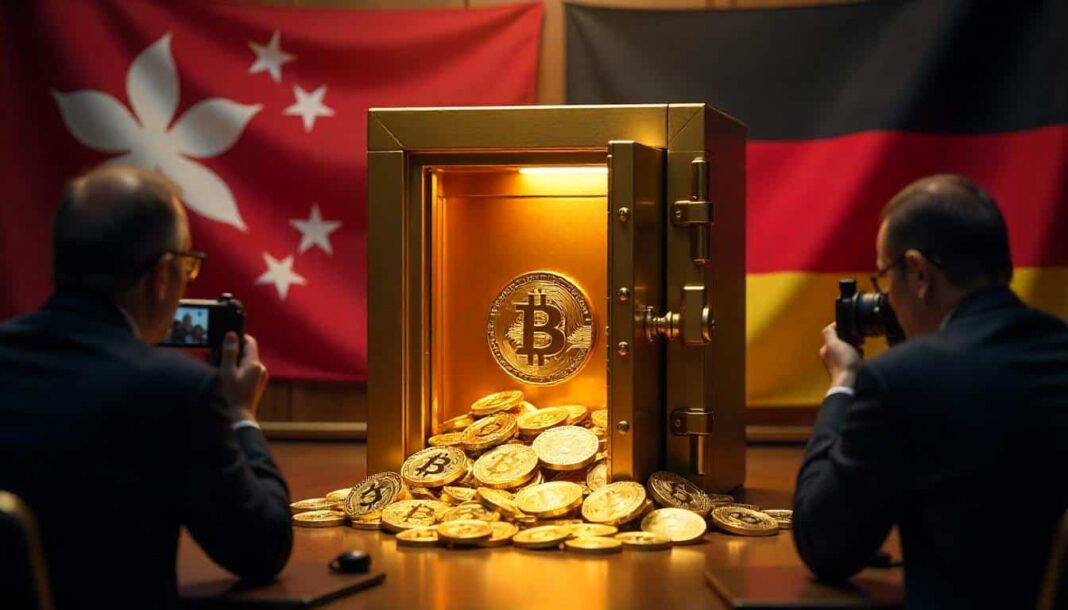Key Takeaways
- Hong Kong and Germany plan to add bitcoin to reserves to diversify assets and hedge inflation.
- Lawmakers Johnny Ng and Christian Lindner support bitcoin to modernize policies and boost competitiveness.
- Analysts see this shift as recognizing bitcoin’s role in stability amid inflation and volatility.
Hong Kong and Germany are exploring proposals to include bitcoin (BTC) in national reserves, reflecting growing institutional interest in cryptocurrency-backed assets. Notably, lawmakers in both countries opine that bitcoin adoption could strengthen financial stability and hedge against inflation risks.
Policy Proposals and Key Advocates
In Hong Kong, legislator Johnny Ng proposed adding bitcoin to foreign exchange reserves to modernize monetary policy. He emphasized the need to diversify reserves and embrace blockchain innovation to enhance the city’s financial competitiveness. According to local press, “He highlighted that holding substantial amounts of Bitcoin would be essential for making a significant fiscal impact.”
In addition, financial analyst Wu Jiezhuang stressed that multiple U.S. states have authorized Bitcoin allocations in their reserves, aiming to broaden asset diversification and enhance financial stability.
Also, Christian Lindner, Germany’s former finance minister, urged the European Central Bank (ECB) and Bundesbank to consider Bitcoin reserves, citing the U.S.’s evolving stance on crypto assets under Donald Trump’s administration. “Germany and Europe must not allow themselves to be left behind again,” said the former finance minister.
He argued that bitcoin reserves could offer protection against currency devaluation and global economic volatility. Accordingly, analysts believe these proposals mark a pivotal shift in how governments perceive cryptocurrency’s role in global finance.
Market Trends and Economic Rationale for National Bitcoin Reserves
Notedly, bitcoin’s fixed supply and decentralized structure make it an attractive reserve asset for governments. Meanwhile, recent global inflationary pressures and declining fiat stability are reasons for exploring bitcoin-backed reserves.
Hence, countries must adapt to emerging financial technologies to remain competitive. Observers expect more governments to evaluate cryptocurrency reserves as interest in decentralized finance (DeFi) expands.

